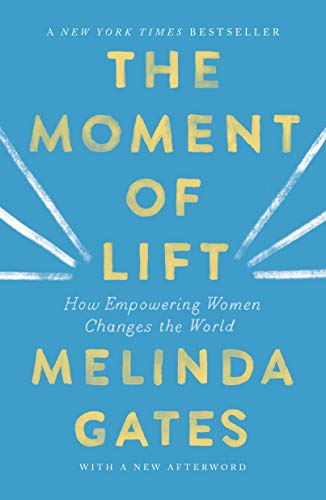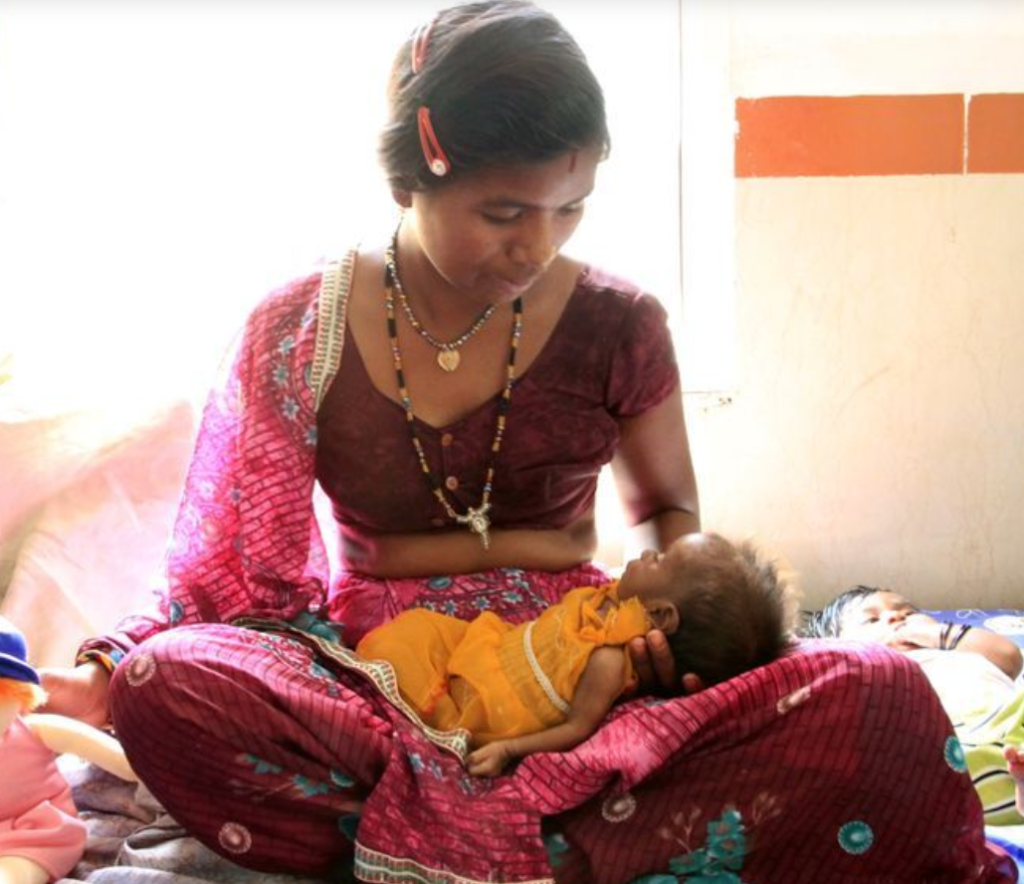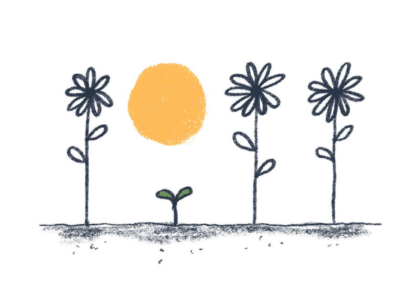The Moment of Lift

The Book
The Moment of Lift: How Empowering Women Changes the World was published in 2019. Gates traces her awakening to the link between women’s empowerment and the health of societies. She shows some of the tremendous opportunities that exist right now to create change, and provides simple and effective ways each one of us can make a difference. Gates’ mission is to ensure women everywhere have access to every kind of job; to encourage men around the globe to share equally in the burdens of household work; to advocate for paid family leave for everyone; to eliminate gender bias in all its forms. Throughout, Gates introduces us to her heroes in the movement towards equality, offers startling data, shares moving conversations she’s had with women from all over the world—and shows how we can all get involved. This book tells of Gates’ journey from a partner working behind the scenes to one of the world’s foremost advocates for women, driven by the belief that no one should be excluded, all lives have equal value, and gender equity is the lever that lifts everything.
“Outrage can save one girl or two, she told me. Only empathy can change the system.”
– The Moment of Lift, Melinda French Gates

The Author
Melinda Ann French was born on August 15, 1964, in Dallas, Texas to a Catholic family. French earned a bachelor’s degree in computer science and economics from Duke University and an MBA from Duke’s Fuqua School of Business. Her first job was tutoring children, then she became a marketing manager with Microsoft. Melinda married Microsoft CEO Bill Gates in 1994. In 2000, Bill and Melinda Gates launched the Bill and Melinda Gates Foundation, which was reported as of 2020 to hold $49.8 billion in assets. As co-chair of the foundation, Melinda sets the direction and priorities of the world’s largest philanthropy. The foundation has donated billions of dollars to help sufferers of AIDS, tuberculosis and malaria, and has assisted in the eradication of polio. The foundation’s vaccination drives were responsible for helping to reduce deaths from measles in Africa: measles-related deaths have dropped by 90 percent since 2000. Melinda is also the founder of Pivotal Ventures, an investment and incubation company working to drive social progress for women and families in the United States. Melinda and Bill Gates divorced in the summer of 2021, but she still goes by Melinda French Gates.

“Historically, the mothers in the community would go to the Brahmin, a member of the priestly caste, and ask when to start breastfeeding, and he would say, ‘You can’t let down milk for three days, so you should start after three days.’ False information is disempowering. Mothers would heed the advice of the Brahmin, and for the first three days of the newborn’s life, they would give the baby water – which was often polluted. [Midwives] gently questioned traditional practices by pointing to patterns in nature that were part of the villagers’ way of life. [They cited the example of a calf and its mother. ] It’s a delicate thing to initiate change in a traditional culture. It has to be done with the utmost care and respect…the way you deliver the science is just as important as the science itself.”
– The Moment of Lift, Melinda French Gates
Our Guest
Sara Abbasi

Sara Abbasi is a philanthropist who has been committed to spreading access to education worldwide. Her charitable work on various boards is marked by a dedication to breaking down cultural barriers and enabling cross-cultural understanding. Sara is Founding Board member of Developments in Literacy (DIL), an international nonprofit organization working to advance literacy in remote areas of Pakistan. Sara currently serves on the Board of Directors of Stanford Healthcare, is a member of the Community Council at Stanford Health Care, and serves on the Director’s Advisory Board of the Cantor Center for Visual Arts at Stanford University. In 2003, Sara and her husband, Sohaib Abbasi, endowed the Sohaib and Sara Abbasi Program in Islamic Studies at Stanford University, a key forum for interdisciplinary research and teaching in Islamic Studies on the west coast. Sara holds a Bachelor of Arts degree in Business from Santa Clara University, and a Master of Liberal Arts degree from Stanford University.

“In Guinea, just one in four girls is enrolled in secondary school, while almost 40 percent of boys are. In Chad, fewer than a third of girls are enrolled in secondary school, but more than two out of three boys are. In Afghanistan, too, just over a third of girls are enrolled in secondary school, compared to nearly 70 percent of boys. Socially, women and girls don’t need an education to play the roles that traditional societies have prepared for them. In fact, women getting an education threatens traditional roles…Sending girls to school is a direct attack on [extremists’] view that a woman’s duty is to serve a man.”
Amy’s Takeaways
This was an incredible, must-read book. And it’s also a great book to recommend if you know someone who might be open to learning more about women’s issues but feels hesitant about “Feminism” or threatened by works that critique traditional religion. Melinda French (Gates) is a believing Catholic and a mother and a humanitarian and a relatable human being, in addition to being a brilliant computer scientist and businesswoman. I’m so grateful that she brought all the parts of herself to these gut-wrenching topics. I learned so much and will definitely re-read this book and give it away to others.

“It is paid work that elevates women toward equality with men and gives them power and independence. That’s why the gender imbalance in unpaid work is so significant: The unpaid work a woman does in the home is a barrier to the activities that can advance her – getting more education, earning outside income, meeting with other women, becoming politically active. Unequal unpaid work blocks a woman’s path to empowerment.”
Listen to the Episode
&
Share your Comments with us below!





